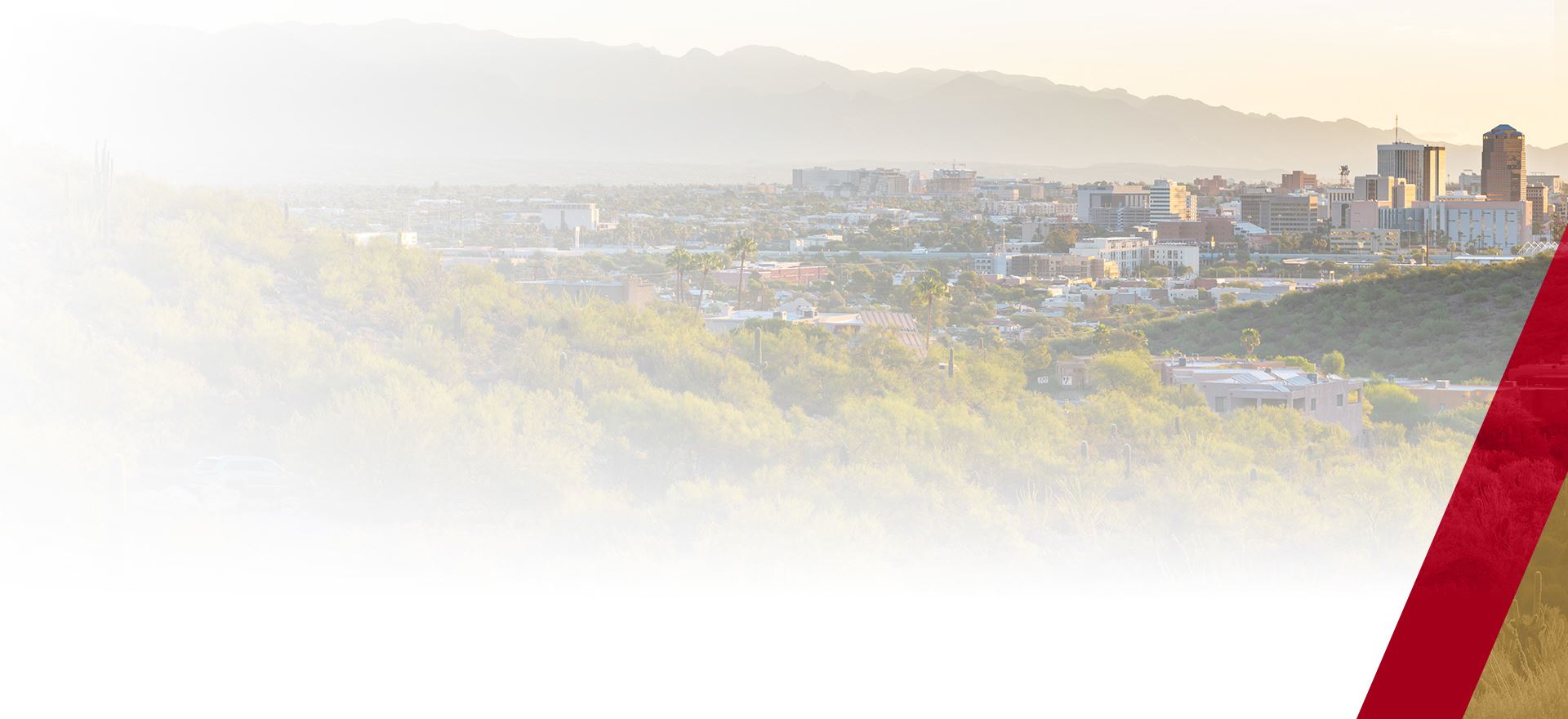
Tucson DUI Lawyer
Call to Learn About Our Effective Representation
A conviction for Driving Under the Influence (DUI) puts you at risk for possible jail time, expensive fines, and driver’s license suspension. Even if you avoid jail time, losing your driver’s license makes getting to work very difficult. If you've been arrested for DUI in Arizona, contact a DUI lawyer in Tucson right away to ensure that your rights are protected.
Acting quickly is crucial. A prompt legal approach not only protects your rights but also allows our team to gather and preserve critical evidence that may benefit your defense. The earlier we get involved, the more effective we can be in strategizing your legal defenses.
The Law Office of Carlos A. Medina, PLLC, provides legal representation to clients like yourself, whether it’s your first, second, or third DUI.
We understand that each DUI case is unique, necessitating a tailored defense that addresses your specific circumstances. Our commitment to personal and direct interaction with clients means we spend time understanding the nuances of each situation to create a defense plan that genuinely reflects the best possible approach for your individual case.
Arrested for DUI? Discuss your situation with our Tucson DUI attorney by contacting our office at (520) 251-9561.
Understanding Arizona DUI Laws
Arizona law classifies DUI offenses into three categories: Standard, when there is a BAC (Blood Alcohol Concentration) higher than 0.08%, 0.04% or more when operating a commercial vehicle, or any percent for those under the age of 21; extreme, when there is a BAC (Blood Alcohol Concentration) of 0.15% or more; or aggravated, when a driver’s license was previously suspended, there is a third offense in 84 months, or there is a passenger in the vehicle under 15 years of age. The punishment for Tucson DUI convictions is based on the previously mentioned classifications.
Arizona's stringent DUI laws reflect its commitment to road safety and its zero-tolerance policy towards impaired driving. This approach ensures that high-risk drivers face significant deterrents, yet it also underscores the importance of having knowledgeable legal advocacy to navigate these laws. Understanding the specifics of your charge and how state law applies can significantly impact the strategy and outcome of your defense.
Punishment for DUI convictions can include:


Can a DUI Charge in Arizona Be Reduced?
In Arizona, it is rarely possible to plea bargain for a lesser charge called “wet reckless.” A wet reckless charge requires some conditions. An example of the requirements that may be involved includes installing an ignition interlock device and undergoing drug and alcohol screening and treatment.
The benefits of a reckless conviction are that it doesn’t include the severity of the punishment you could face for a DUI charge, such as monetary fines and mandatory jail time. A reckless charge also will not count as a prior DUI conviction if you receive another DUI within the next seven years.
Although plea bargains are limited, understanding your options can be crucial. Exploring alternatives like pursuing a reduction to a wet reckless offense requires astute legal negotiation. Such negotiations depend heavily on the specifics of the arrest and individual circumstances, making experienced legal representation invaluable for those seeking less punitive outcomes.
Possible Arizona DUI Defenses
Plea bargaining is severely limited for DUI cases in Arizona. However, there are possible defense strategies for people charged with driving under the influence. Our Tucson DUI Attorney Carlos A. Medina will evaluate your situation and work with you to determine the best strategy for your defense.
We offer a free initial consultation to give you the opportunity to thoroughly discuss your situation with our Tucson DUI lawyer. We stand ready to provide you with effective defense solutions geared towards the most favorable outcome possible.
Effective defense strategies may involve scrutinizing the arrest process for procedural errors, challenging evidence like breathalyzer results, or questioning the legality of the traffic stop itself. Each defense is crafted based on the comprehensive details of your encounter with law enforcement, aiming to introduce reasonable doubt or highlight legal errors that could lessen charges or secure acquittals.
Frequently Asked Questions
How Does a DUI Impact My Employment in Arizona?
Getting a DUI in Arizona can significantly impact your current job and future employment opportunities. Employers may conduct background checks, revealing your conviction and potentially affecting your job standing or prospects for advancement. Professions that require a clean driving record, such as delivery or transportation roles, might impose additional challenges. Moreover, if you have security clearance or work in sensitive positions, a DUI could jeopardize your status. Discussing your circumstances with a seasoned DUI lawyer is crucial to understanding these implications fully and exploring options that might mitigate career setbacks.
What Should I Do If I'm Pulled Over for a DUI in Tucson?
If you're pulled over for suspected DUI in Tucson, it is important to remain calm and cooperative. Provide identification when asked, but remember that you have the right to remain silent beyond that. If law enforcement asks you to perform field sobriety tests or a breathalyzer, it's important to understand your rights in this context, which can vary. Consulting a DUI attorney immediately following a stop can provide guidance on steps to take retrospectively or for future occurrences. Your attorney will be instrumental in outlining your rights and crafting a strategy for dealing with any resulting charges.
How Long Does a DUI Stay on My Record in Arizona?
In Arizona, a DUI conviction remains on your criminal record permanently. This long-term consequence can affect many facets of your life, from employment opportunities to insurance rates. However, there may be possibilities for expunging your record or setting aside the conviction in certain circumstances. These options are highly dependent on specific factors such as the details of your DUI and your behavior post-conviction. Consulting with a legal professional can help determine the best course of action and whether you may be eligible to pursue such legal remedies.
What Are the Costs Associated with a DUI in Tucson?
The financial implications of a DUI in Tucson can be burdensome. Beyond state fines and penalties, you may face additional costs like increased insurance premiums, mandatory alcohol education courses, ignition interlock device installation, and legal fees. Costs vary significantly depending on the severity of your DUI, prior offenses, and the particulars of your situation. Consulting with the Law Office of Carlos A. Medina, PLLC, can help provide a clearer understanding of these costs and offer guidance on financial planning following a DUI charge, ensuring you are prepared to address these consequences.
Can I Refuse a Breathalyzer Test in Arizona?
While you technically can refuse a breathalyzer test in Arizona, doing so carries significant automatic penalties. Refusal can result in immediate license suspension for up to one year, even if you are not ultimately convicted of DUI. Arizona's implied consent laws mean that by driving in the state, you agree to these chemical tests. It's important to weigh the potential implications of refusal and seek legal advice from an experienced DUI lawyer in Tucson, like those at Carlos A. Medina, PLLC, to understand your rights fully and prepare a strategy that maximizes your legal protections and minimizes negative outcomes.
If you are facing charges for DUI, reach out to our Tucson DUI lawyer at (520) 251-9561 to schedule your free consultation! Se habla español.
